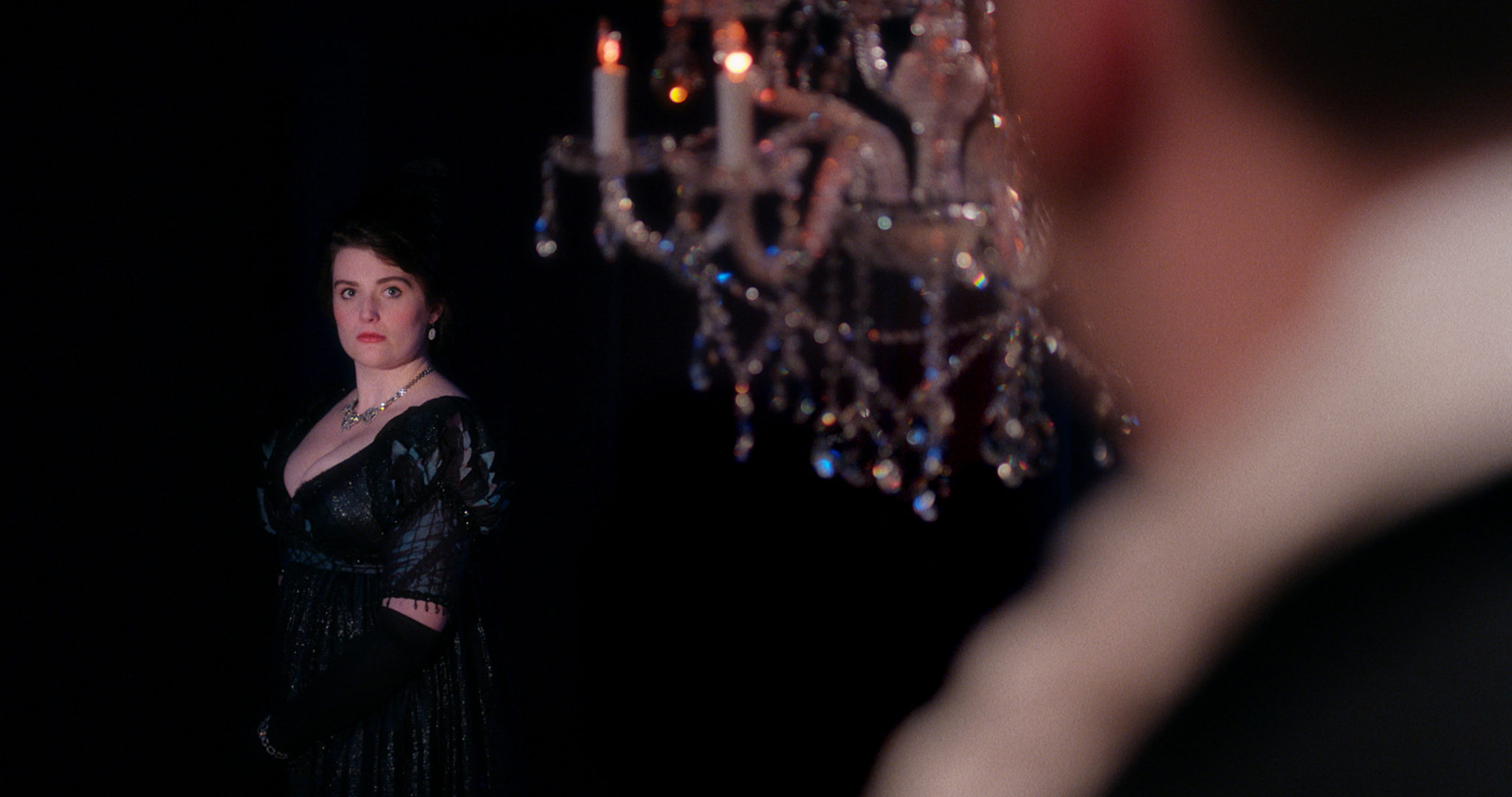
Courtesy of Yale School of Music
Once a year, Yale Opera stages a full production at the Shubert Theatre, complete with costumes, set and a pit orchestra. This year’s production is “Eugene Onegin,” Tchaikovsky’s adaptation of the Alexander Pushkin novel.
Initially written for students at the Moscow Conservatory and first performed in 1879, “Eugene Onegin” tells the story of Tatyana’s pursuit of the title character, his rejection of her and his despair after falling in love with her once she has married another man. This weekend, School of Music students in Yale Opera and the Yale Philharmonia will present that story.
“Eugene Onegin is a classic,” said soprano Lauren McQuistin MUS ’19, who plays the role of Tatyana in the opera. “It tells us a simple story of love and rejection and puts the microscope on those emotions for two hours of exquisite music.”
According to Yale Opera Manager Erika Niemi, Yale Opera’s biggest challenge each year is choosing the main stage opera. She explained that due to the small number of students in the opera program, Yale Opera must choose productions with limited cast sizes.
Niemi said she hopes audience members “realize how accessible [‘Eugene Onegin’] is and how it’s really just rooted in human emotion.”
Yale Opera singers interviewed by the News echoed Niemi’s sentiments.
“The ability to be a believable actor as well as singer in the opera world today has pushed this art form to great heights and Tchaikovsky puts so much of the emotional responses right there in the music for you,” said Matthew Cossack MUS ’19, who plays Onegin in the opera.
Unlike many other operas, Niemi said, “Eugene Onegin” requires no “high entry point” of classical music knowledge to enjoy the performance. Still, the production’s Russian text posed a unique challenge to the singers. Since this was Cossack’s first Russian opera, he said that he had to spend time learning the Russian alphabet and “unique vowels and consonant clusters associated with the Russian language.”
Paul Curran, who acted as artistic director of the Norwegian National Opera and Ballet, is the stage director of this production. According Niemi, Curran is the most high-profile director the Opera has ever hired.
Niemi said that Curran, who has also led productions at the Metropolitan Opera in New York City, ensures that all opera students receive “the attention they need.”
McQuistin said that throughout the process, the cast had to “tap into the basest and most raw of emotions” which is what she thinks makes the opera “so appealing and fulfilling.” She added that preparing this opera “required a lot of vulnerability and experimentation with how we make it relevant and accessible to people.”
The pit orchestra conductor Perry So ’04 was a Dudamel conducting fellow at the Los Angeles Philharmonic and has conducted renowned ensembles including the Cleveland Orchestra and the China Philharmonic.
“There’s always the challenge the conductor has to surmount with an orchestra, which is giving the orchestra enough of a sense of purpose and their central role to telling the story,” So said.
So described “Eugene Onegin” as “one of the greatest operas ever written” and noted that he views the orchestra as “an additional character on stage.”
“The orchestra is deeply integrated into the storytelling,” So said. “[The orchestra] can express the inner thoughts of a specific character, highlight the mood of a particular scene — it can be a commentary on what is happening.”
So said that “with any production, the time that you have with everyone is quite limited. … It’s a rather magical process, actually, it can go a hundred different ways.”
Yale Opera will perform “Eugene Onegin” three times: on Friday and Saturday at 8 p.m. and on Sunday at 2 p.m.
Allison Park | allison.park@yale.edu
Eli Mennerick | eli.mennerick@yale.edu







